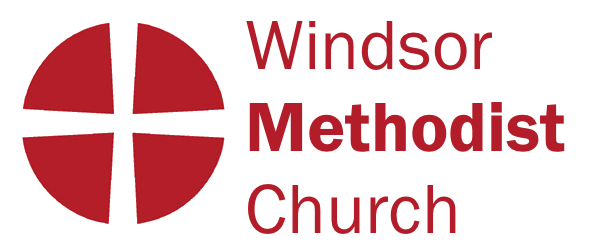Friends
Iona is an island in the Inner Hebrides, off Mull on the western coast of Scotland and is best known for Iona Abbey. Jesus said: ‘Every scribe who has been trained for the kingdom of heaven is like the master of a household who brings out of his treasure what is new and what is old.’ Matthew 13: 52. Iona Abbey was a centre of Gaelic Christian thinking for three centuries and is today known for its relative tranquillity and natural environment.
It is a tourist destination and a place for spiritual retreats. Its modern Scottish Gaelic name means "Iona of (Saint) Columba". One publication, describing the religious significance of the island, says that the island is "known as the birthplace of Celtic Christianity in Scotland,” and notes that “St Columba came here in the year 563 to establish the Abbey, which still stands".
The monastery was hugely successful and may have played a role in the conversion to Christianity of the Picts and Gaels of Scotland in the late 6th century, and was certainly central to the conversion of the Anglo-Saxon kingdom of Northumbria in 635. Many satellite institutions were founded, and Iona became the centre of one of the most important monastic systems in Great Britain and Ireland.
Iona became a renowned centre of learning, and its scriptorium produced highly important documents, probably including the original texts of the Iona Chronicle. The monastery is often associated with the distinctive practices and traditions known as Celtic Christianity. In particular, Iona was a major supporter of the "Celtic" system for calculating the date of Easter.
It is one of the oldest Christian religious centres in Western Europe. The abbey was a focal point for the spread of Christianity throughout Scotland and marks the foundation of a monastic community by St. Columba. Saint Aidan served as a monk at Iona, before helping to establish Christianity in Northumberland, on the island of Lindisfarne.
Today, Iona Abbey is the spiritual home of the Iona Community, an ecumenical Christian religious order. The Abbey remains a popular site of Christian pilgrimage today. It offers spiritual help to visitors and over the internet to all who seek a better understanding of Jesus.
Iona-style Morning Prayer: The world belongs to God, the earth and all its people. How good it is, how wonderful, to live together in unity. Love and faith come together, justice and peace join hands. Open our lips, O God, and our mouths shall proclaim your praise. Holy God, maker of all, have mercy on us.
A Prayer from Iona: We have heard about you, God of all power. You made the world out of kindness, creating order out of confusion; You made each one of us in Your own image; Your fingerprint is on every soul. So we praise You.
Alan Crowle
